10 Fantasy Movies Critics Hated—But Fans Loved
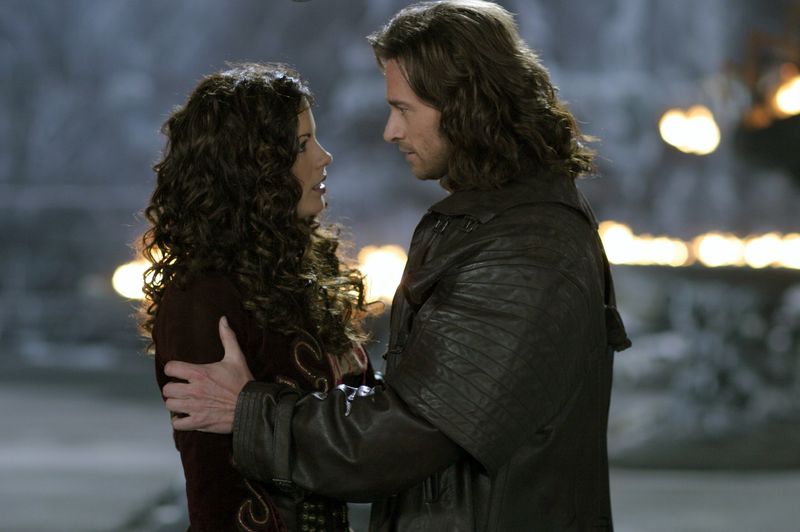
Critics aren’t always right—especially when it comes to fantasy movies. While they’re busy dissecting scripts, pacing, and production choices, the rest of us are just trying to enjoy a world filled with dragons, magic, and pure escapism. Sometimes, a film doesn’t need to be “perfect” to capture your imagination—it just needs heart.
1. Willow (1988)
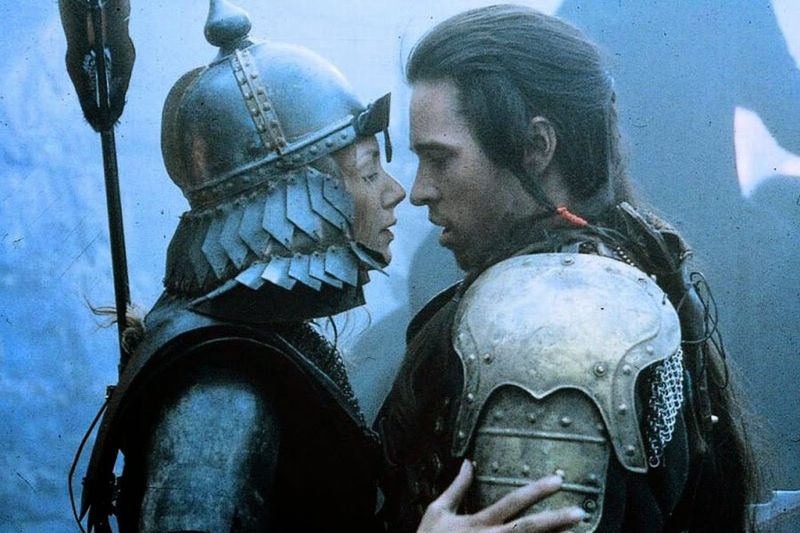
What began as George Lucas’s passion project was meant to be the next Star Wars—but in a fantasy setting. Critics didn’t see it that way. They called Willow predictable, overly sentimental, and visually uneven, writing it off as just another sword-and-sorcery tale.
Fans, however, saw something magical. Between Warwick Davis’s charming performance, Val Kilmer’s chaotic energy, and the film’s heartfelt underdog story, it became a cherished favorite for anyone who grew up in the ’80s or ’90s.
Decades later, Willow still holds its nostalgic glow. It might not have changed cinema like Star Wars, but it created a world worth revisiting—a place where courage, friendship, and a little bit of magic could change everything.
2. Legend (1985)
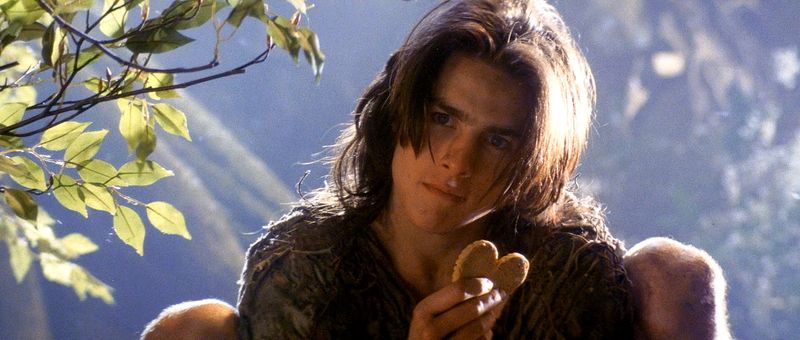
Before Ridley Scott gave us xenomorphs and gladiators, he tried his hand at pure fairy-tale fantasy. Legend was meant to dazzle audiences with ethereal visuals, a young Tom Cruise, and Tim Curry’s unforgettable performance as Darkness.
Critics weren’t charmed. They complained the story was thin and the dialogue flat, missing the point that this movie was more about atmosphere than plot. The haunting forest scenes and dreamy Tangerine Dream soundtrack created a mood unlike anything else at the time.
Today, Legend is celebrated as a dark, mesmerizing fantasy masterpiece. Its visual style influenced an entire generation of filmmakers, proving that sometimes, beauty and mood can outshine a “tight script.”
3. The Chronicles of Riddick (2004)
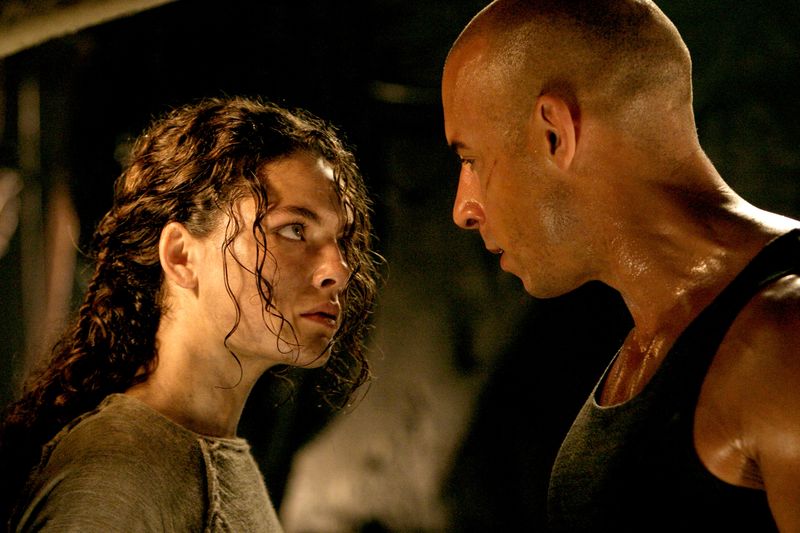
Vin Diesel tried to take his sci-fi antihero from Pitch Black into epic fantasy territory—and critics weren’t buying it. They found The Chronicles of Riddick bloated, confusing, and too ambitious for its own good.
But fans loved the sheer audacity of it. Instead of playing it safe, the movie built an entire universe with strange religions, icy prisons, and intergalactic politics. It was big, bold, and unapologetically weird.
Over time, it’s gained cult status as a gutsy piece of early-2000s sci-fi-fantasy filmmaking. Sure, it’s not perfect—but it’s a movie that swings for the stars (literally) and doesn’t apologize for it.
4. Hook (1991)
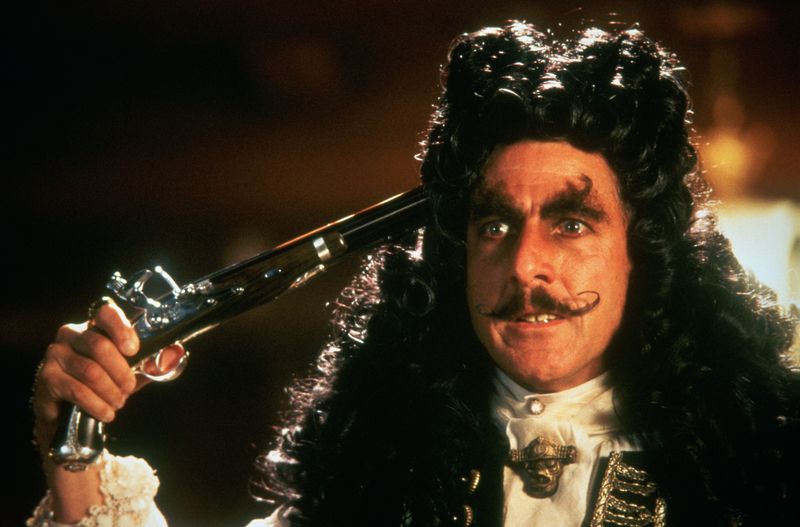
When Steven Spielberg reimagined Peter Pan as a grown man, the critics sharpened their hooks. They called it “overly sentimental,” “confused,” and even “soulless.”
Audiences completely disagreed. Robin Williams brought warmth and wonder to the adult Peter, while Dustin Hoffman’s delightfully theatrical Hook stole every scene. The movie reminded viewers that growing up doesn’t mean losing your sense of wonder.
It’s now a nostalgic gem for anyone who grew up in the ’90s. Sure, it’s sugary and over-the-top, but that’s exactly what makes Hook such a joyful flight back to Neverland.
5. The Dark Crystal (1982)
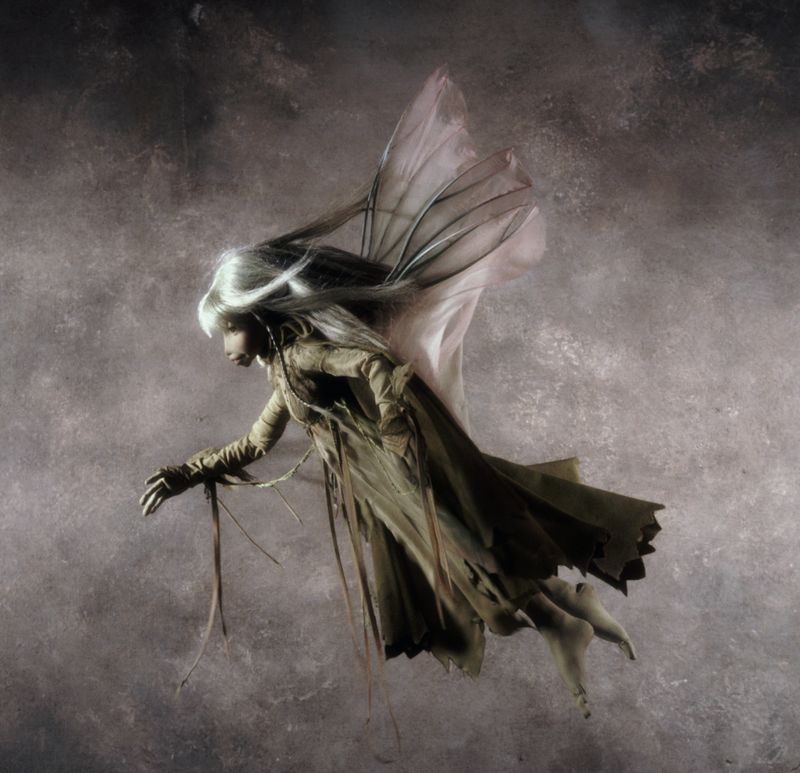
Jim Henson stepped away from The Muppets to create something truly daring—and critics didn’t know what to make of it. They found The Dark Crystal too strange, too serious, and too dark for kids.
Audiences, though, were mesmerized by the puppetry, the world-building, and the haunting mythology. It wasn’t cute—it was art. And for many young viewers, it was their first experience with fantasy that didn’t talk down to them.
In hindsight, The Dark Crystal is recognized as a groundbreaking achievement. Its legacy only grew stronger after Netflix’s stunning prequel series reminded everyone how timeless Henson’s vision really was.
6. Stardust (2007)
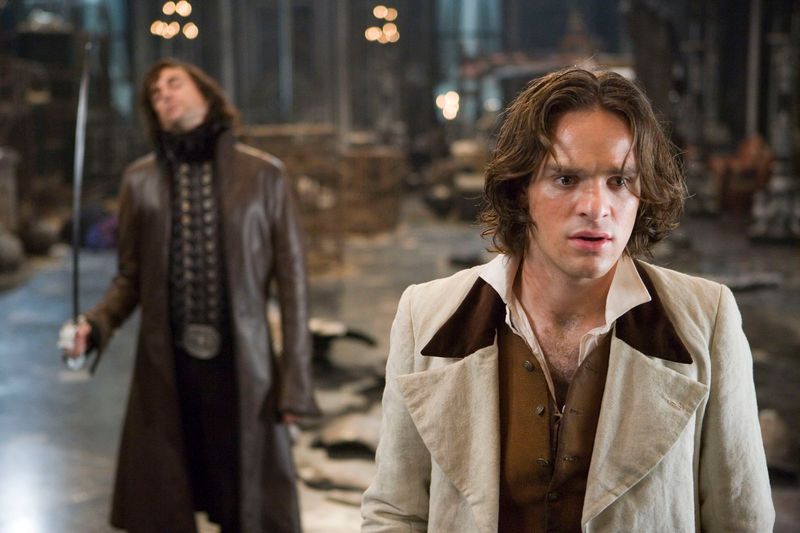
Despite its fairy-tale charm, Stardust didn’t win critics over when it premiered. Some called it “uneven,” others thought it couldn’t decide whether to be for kids or adults.
What they missed was just how delightfully whimsical it was. With a star-studded cast—Claire Danes, Robert De Niro, and Michelle Pfeiffer—this magical adventure balanced humor, romance, and adventure better than most.
Over the years, Stardust has become one of those movies you can’t help but rewatch. It’s clever, funny, and utterly endearing—a fantasy film that reminds us not to take the genre too seriously.
7. The Hobbit Trilogy (2012–2014)
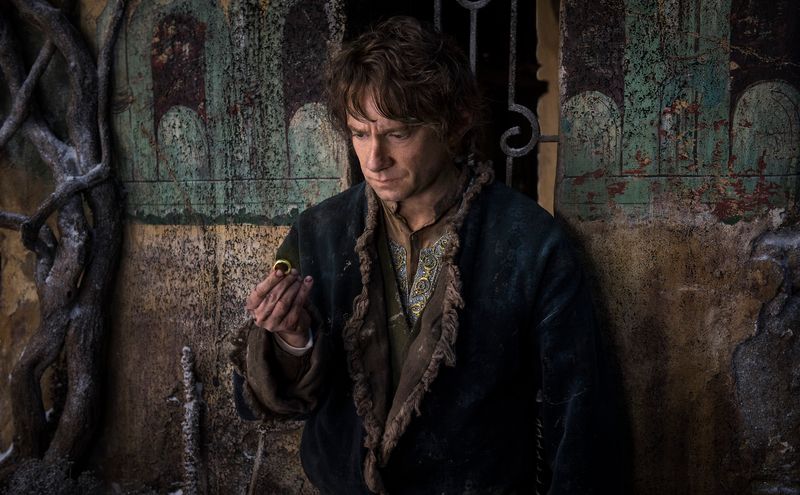
After The Lord of the Rings, expectations were sky-high—and maybe that was the problem. Critics thought The Hobbit trilogy stretched a short novel into too many hours of CGI-heavy filler.
Fans, however, still found themselves enchanted by Middle-earth’s return. Martin Freeman’s Bilbo, the dwarves’ camaraderie, and Howard Shore’s music brought back everything people loved about Tolkien’s world.
While it may not have reached LOTR’s perfection, The Hobbit gave audiences what they really wanted: more time in Middle-earth. And for fantasy fans, that’s never a bad thing.
8. Van Helsing (2004)
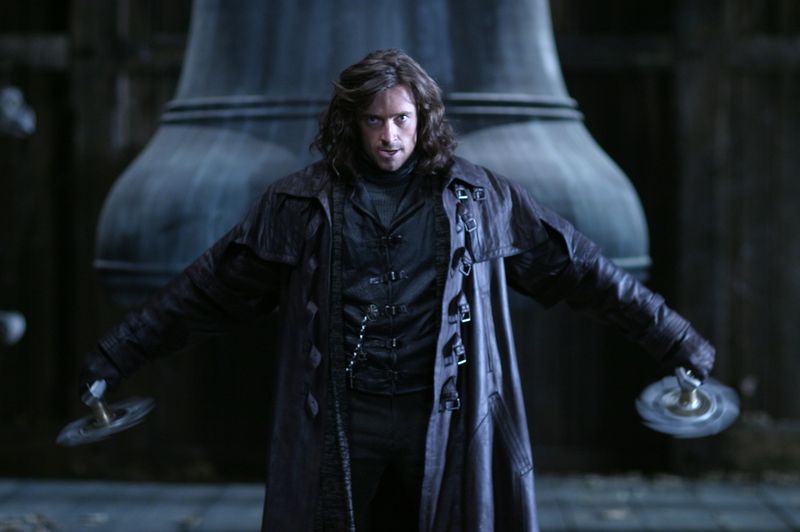
When Hugh Jackman traded claws for crossbows, critics were less than thrilled. They tore into Van Helsing for its chaotic action and “monster overload.”
But for fans, that chaos was half the fun. It was a gothic roller coaster featuring Dracula, Frankenstein’s monster, werewolves, and more—all in one stylish, spooky package.
Two decades later, it’s remembered as campy, energetic fun. Sure, it’s over-the-top—but it’s also the kind of movie that never lets you get bored for a single second.
9. The Golden Compass (2007)
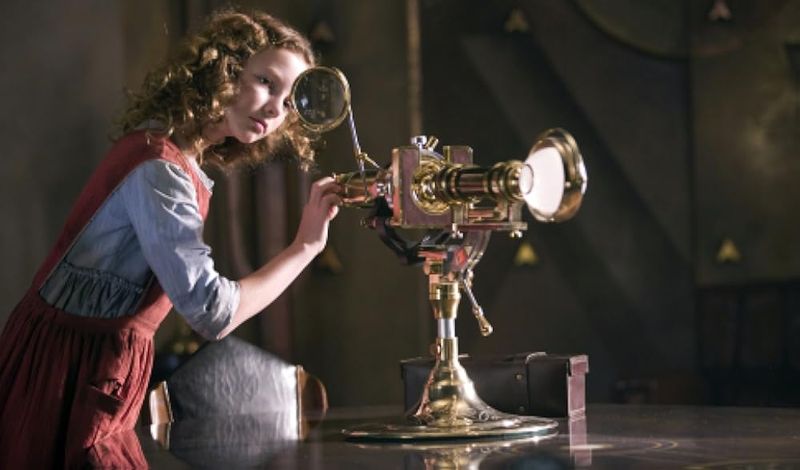
Based on Philip Pullman’s acclaimed His Dark Materials, The Golden Compass had high expectations—and a brutal reception. Critics said it lacked the book’s depth and edge, calling it soulless and sanitized.
Still, many viewers found it visually stunning and full of imagination. The armored polar bears, mystical daemons, and sprawling world felt like something straight out of a dream.
Even though it didn’t spark the franchise it hoped to, the movie has aged better than people think. It might not capture every nuance of the novel, but it’s a gorgeously ambitious attempt to bring one of fantasy’s boldest worlds to life.
10. The Mortal Instruments: City of Bones (2013)
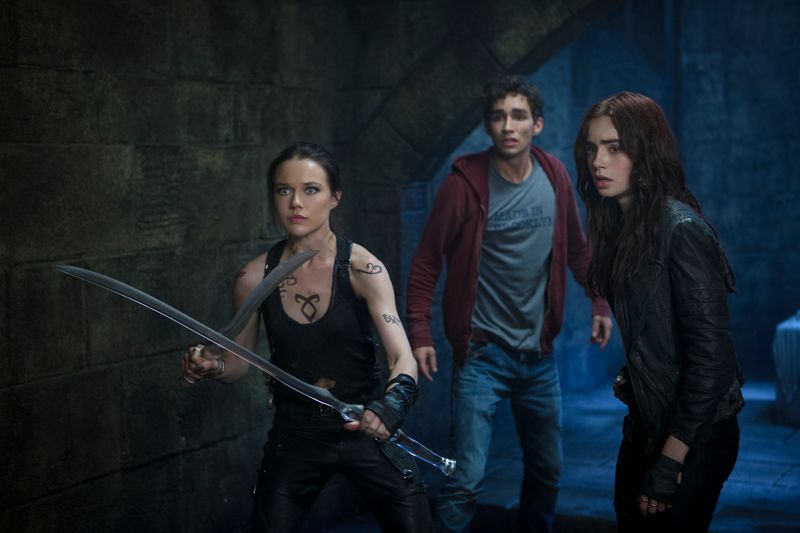
When this YA fantasy hit theaters, critics were merciless. They called it derivative, messy, and a poor imitation of Twilight.
Yet fans of Cassandra Clare’s books saw something different: a stylish urban fantasy filled with shadowhunters, demons, and forbidden love. It wasn’t trying to reinvent the genre—it was embracing it.
While it failed to launch a movie series, it eventually found redemption through its TV adaptation. For those who love a dash of gothic drama with their fantasy, City of Bones remains an underrated gem.

Comments
Loading…